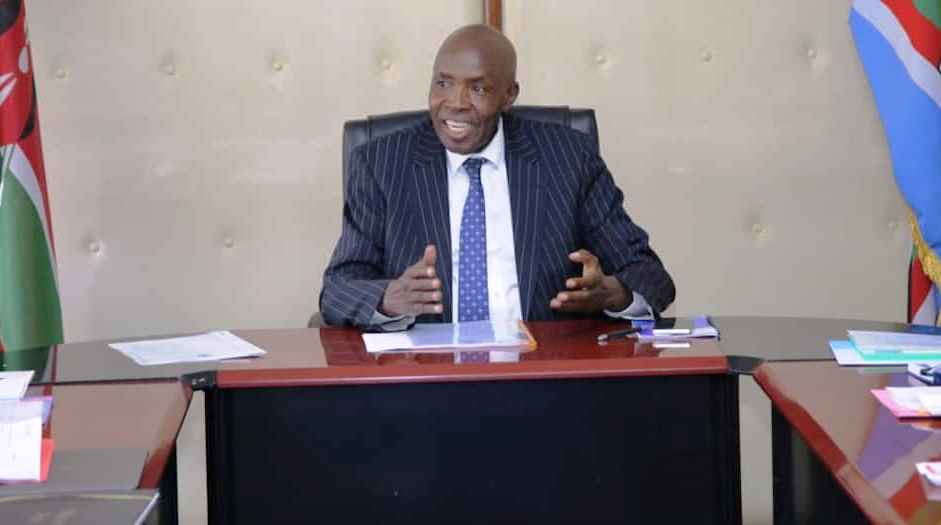Stakeholders have called for the immediate reassignment of the current Director of Licensing, Johnson Akongo, whose tenure has seen a surge in fraudulent permits and lax policy enforcement
A scathing report from the Controller of Budget (CoB) has spotlighted massive revenue losses at Nairobi City Hall, revealing rampant corruption and mismanagement that continues to erode the county’s finances. Despite being the nation’s capital, Nairobi lags behind smaller counties like Narok in own revenue collection for the first quarter of the 2024-25 financial year.
Narok County topped the own revenue chart, surpassing Nairobi with Ksh 2.97 billion, while Nairobi collected a meagre Ksh 1.8 billion. Financial experts assert that Nairobi’s potential revenue far exceeds these figures but is being siphoned off by corrupt officials at City Hall.
Fake Business Permits And Cartels Undermine Unified Business Permit Initiative
In January 2024, Governor Johnson Sakaja introduced the Unified Business Permit (UBP) to digitize and streamline revenue collection, yet cartels have exploited loopholes to enrich themselves. Reports reveal that licensing officials at both county and sub-county levels collaborate with business owners to issue counterfeit permits. Businesses pay only half the required fees, with the rest pocketed by corrupt officials. Eastleigh and the Central Business District are the hardest hit, with fake permits costing the county millions monthly.
Stakeholders have called for the immediate reassignment of the current Director of Licensing, Johnson Akongo, whose tenure has seen a surge in fraudulent permits and lax policy enforcement.
Market Revenue Plundered By “Friday Tokens” Scheme
Markets, a once-promising revenue source, have been infiltrated by corrupt officers issuing fake receipts or striking deals with traders to divert funds. Market managers allegedly deliver weekly bribes, referred to as “Friday tokens”, to senior officials like in the Director of Markets department to secure their positions. This system deprives the county of nearly half its market revenue.
Rates Department: Waivers For Bribes
The rates department is accused of granting unlawful waivers to property owners who bribe officials. Hundreds of millions are recorded as “fully paid,” while the county receives only a fraction. Critics have questioned the integrity of the newly appointed Director of Rates, Thomas Wagura, citing allegations of collusion during his appointment process.
Declining Parking Revenue: A Cash Cow For Cartels
On-street parking, once a lucrative revenue stream, has seen daily collections plummet from Ksh 2.5 million to below Ksh 1.5 million. Cartels within the parking and traffic department collude to divert funds, while towed vehicles mysteriously disappear or are released without remitting revenue to the county.
Liquor Licensing Chaos
The liquor department, now under Director Rohda Otieno, struggles with the widespread use of forged licenses. Currently, only 30% of liquor outlets are properly licensed, leaving an untapped revenue potential that could significantly boost the county’s finances. To stem the haemorrhage of funds, stakeholders demand a comprehensive overhaul of City Hall’s revenue collection system. Recommendations include:
- Appointing competent, ethical officers to key revenue-generating positions.
- Conducting a forensic audit of the rates department and market sector.
- Implementing robust digital solutions to track revenue streams and eliminate human interference.
Governor Sakaja has initiated the hiring of new revenue clerks to curb these practices, but observers argue that deeper systemic changes are necessary to break the cartel stranglehold. Without decisive action, Nairobi risks further financial ruin at the hands of its own employees.




